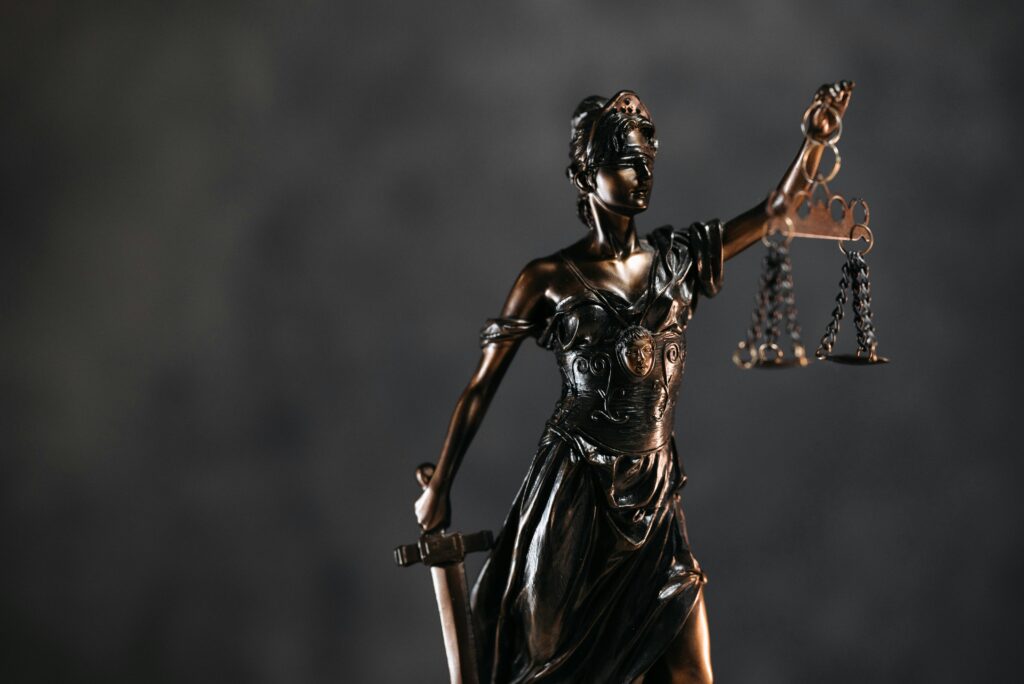Now Reading: How to Protect Your Legal Rights as an Artist
-
01
How to Protect Your Legal Rights as an Artist
How to Protect Your Legal Rights as an Artist
If you are familiar with the entertainment industry, you will agree that artists are among the highest-earning individuals on the planet. However, the term “artist” covers a much larger demographic than the famous musicians, writers, and painters one would probably think about at the mention of the work. By simple definition, an artist is basically someone who creates, demonstrates, or practices one form of art or the other. It could be painting, writing, composing music, singing, drawing, or reciting poems.
As an artist, your art is probably your main source of livelihood. Whether it is tangible or not, it is your intellectual property and it needs to be protected. You reserve the legal right to decide who gains access to it and who can reuse or reproduce it. You also need to be compensated appropriately for your work by whoever profits from it. With this having been mentioned, here are some tips on how to protect your legal rights as an artist.
Seek Legal Guidance
Seeking legal counsel is undoubtedly the best way to protect your legal rights as an artist. If you are in the entertainment business, the legal partners over at https://tlbrownlaw.com/ insist on talking to an experienced attorney on how to protect your rights in this competitive industry. From contract negotiation to copyrights, and trademarks, an experienced attorney can help determine the best way to protect your rights as an artist. They can also provide you with legal advice that will keep you informed so you don’t breach any copyright laws during your artistic activities.
Understand Copyrights
Artists need to understand copyrights, how they work, and what they do. Understanding copyrights will not only protect you from becoming a victim of copyright infringement, but it will also help you stay out of trouble related to a copyright breach. But then again, we live in a digital world, where your original work can be shared massively online. The greatest risk is that some people can profit from your work or use it inappropriately, which could either reduce your profits or get you into trouble with the law. All this could occur without your knowledge. This is why it is important to ensure your work is copyrighted as an artist.
In places such as the U.S, you need to register your work and fill a copyright application form. In some places like the UK, however, copyrights become effective as soon as the original work gets completed. All the same, copyright protects your rights by preventing people from copying, distributing, renting, publishing, modifying, or exhibiting your work without your authorization and consent.
Consider an Extended Copyright
Copyrights are valid for a lifetime, and 70 years more after the creator or author dies. After this term expires, anyone in the public domain can use copyrighted work for whichever purpose they deem fit. But some inventions are worth protecting even longer so they can last for generations after the creator’s demise. In this case, works made for hire can last between 95 and 120 years after publication or creation respectively. The term can be extended a further 15-30 years. This can be a great way to protect your rights to your intellectual property, your artistic creations.
Trademark Your Name
Another important instrument you can use as an artist is the trademark. While trademarks are more common amongst larger corporations, you can also protect your artist’s name using a trademark so no one else can use it. This is relevant in the world of music, especially for band members. A trademark ensures that no other band, musicians, or performers can use your name to gain fame or make money at your expense. It also protects your name for ill-thinkers and people who might use your name to defame you, shame you, or hurt your reputation.
Be Keen With Contracts
From time to time, poets, actors, authors, musicians, and painters often land lucrative deals with some of the biggest brands on the planet once they become famous. But does this grant the said brand the right to use your content or work without your consent or authorization? Well, the correct answer is that it depends. It depends on the agreement you signed with them! Whether you are the brand ambassador or just appearing in one commercial, it is always important to ensure you sign a contract with clear terms and conditions regarding the collaboration.
This should also be the case when you land a recording deal or sign your own brand manager as a performer or musician. Authors too need to understand the terms and conditions when signing contracts with publishing companies and marketers. This ensures that each individual understands their obligations and keeps their end of the bargain. It allows transparency and protects your rights as an artist.
Finally, you will also want to ensure you keep your work legal. There’s no point in protecting your rights only to violate the rights of others. When using other people’s work, always ensure you have their consent, patent license, or written authorization. If you need to use images in your literary work, for instance, it is always advisable to use public domain images. As an author, it is prudent to cite your sources appropriately and give credit where it is due. In addition to this, always ensure you understand moral rights as an artist.









